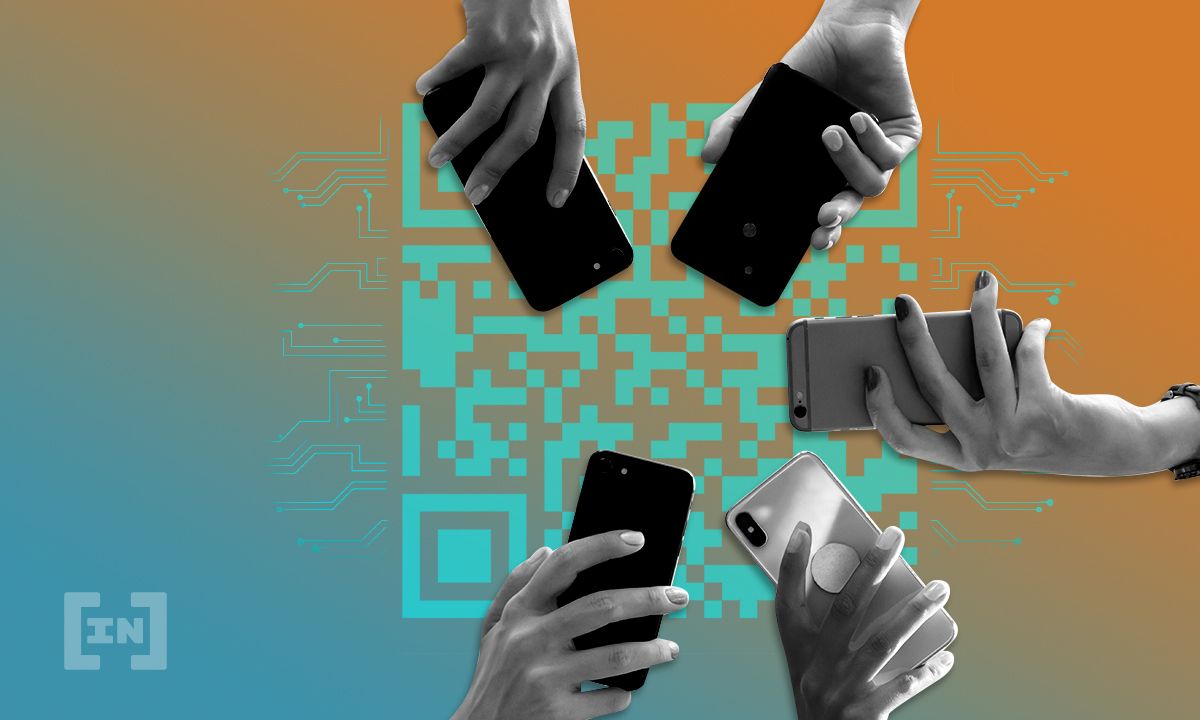Microsoft’s President has cast doubt on whether companies should create and issue their own currencies, suggesting governments are still the best for the role.
Micorsoft in the Public Interest
Brad Smith, President of Microsoft Corp., says that he believes governments she be the only entity issuing digital currencies to protect the public interest.
Smith made the comments during a conference hosted by the Bank for International Settlements in which he said:
“The money supply almost uniquely needs to be managed by an entity that is responsible to the public and thinks really only about the public interest, and that means governments”
Brad Smith – President – Microsoft
Asked whether he could see Microsoft being involved in the creation and issuance of a digital currency, Smith responded by admitting he is not a fan of the idea.
I’m not a big fan myself of encouraging or asking or wanting us to participate in the issuing of currency.”
Brad Smith – President – Microsoft
Despite the concerns about company-issued digital currencies, the software giant is involved in several cryptocurrency-related projects.
Microsoft Azure Cloud, the company’s own cloud-storage application, is home to several cryptocurrency companies. This includes Wirex, a London-based cryptocurrency exchange that recently launched the UK’s first cryptocurrency debit card.
Moreover, last year, Mircosoft applied to patent software that could allow the use of brain activity in the cryptocurrency mining process.
CBDCs Everywhere
Despite Smith’s concerns, governments may actually be winning the digital currency race. Just two days ago, China’s President, Xi Jinping, called on G20 leaders to be “open and accommodating” to central bank digital currencies (CBDCs).
Moreover, Xi argued future economic growth is dependent on global economic co-operation, in which CBDCs could play a major role.
“The G20 also needs to discuss developing the standards and principles for central bank digital currencies with an open and accommodating attitude, and properly handle all types of risks and challenges while pushing collectively for the development of the international monetary system.”
Xi Jinping – President – People’s Republic of China
Indeed, China is leading the way with its own CBDC called the “Digital Yuan”. Earlier this month, the Chinese expanded trials of the digital yuan to Chengdu province after successful trials in Beijing, Suzhou, and Shenzhen.
Other governments around the world are following suit with several central banks launching trials. These include the Bank of Korea, the Reserve Bank of New Zealand, and even the Bank of Jamaica.
A Decentralized Future?
Despite this enthusiastic approach from governments, most of the experimental CBDCs are centralized in practice.
In fact, a digital currency is not necessarily decentralized at all. It merely refers to a digital representation of a fiat currency.
In China’s case, the government still has control over the digital yuan’s supply and distribution. Moreover, it could be argued that a government may only support the idea of a national CBDC if it retained complete control.
Accordingly, for Smith, this is an advantage as he argues that governments have the public interest at heart. Therefore, CBDC users can be confident that the new digitized monetary system has too.
Nevertheless, with every new experiment, the decentralized approach to finance is being put into the public conversation. Even with centralized company-issued currencies, it may only be a matter of time.
Disclaimer
In adherence to the Trust Project guidelines, BeInCrypto is committed to unbiased, transparent reporting. This news article aims to provide accurate, timely information. However, readers are advised to verify facts independently and consult with a professional before making any decisions based on this content. Please note that our Terms and Conditions, Privacy Policy, and Disclaimers have been updated.


